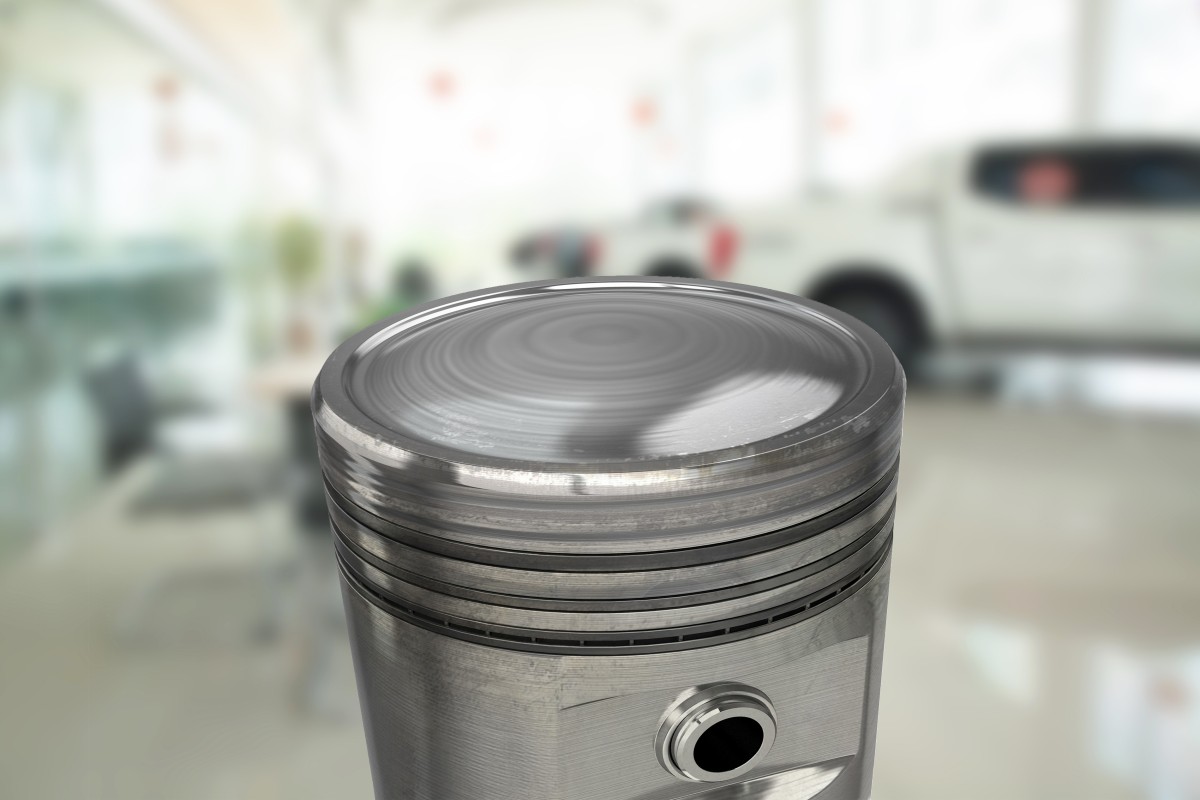
microflex® 978 combustion chamber cleaner: Protects modern gasoline engines against LSPI and pre-ignition
microflex® 978 combustion chamber cleaner: Protects modern gasoline engines against LSPI and pre-ignition
Avoid LSPI with microflex® 978

How does pre-ignition occur?
With low-speed-pre-ignition (LSPI) in gasoline engines with direct injection, the fuel-air mixture ignites without being triggered by the spark plug.This unscheduled combustion causes extreme pressures in the engine and – depending on the design – can cause serious damage or even completely destroy the engine the first time it occurs. Essentially, low-speed-pre-ignition has two causes:
- Fuel-oil drops and
- Red-hot particles

Fuel-oil droplets
As a result of fuel being injected into the cylinder, the cylinder wall, which is lubricated with oil, is covered with fuel. This creates a mixture of oil and fuel from which drops can be released during the compression phase. This fuel-oil mixture has a higher combustibility than pure petrol.
At higher pressures and increasing temperatures these drops can self ignite, which, ultimately, can trigger low-speed pre-ignition of the entire fuel-air mixture in the combustion chamber.

Glowing particles
In addition to the gaseous fuel-air mixture, the combustion chamber can also contain particles or deposits of solid substances. These can loosen as a result of vibrations or fuel injection. The freely moving particles absorb heat in the combustion chamber and cannot dissipate this heat via the walls or components.
If the temperature is sufficiently high, these red-hot particles can also cause premature injection.

Inconsistent driving profiles, fuels and engine oils
In modern petrol engines, deposits or particles in the combustion chamber are almost impossible to prevent.
The reasons for this include very different driving profiles by the drivers and very inconsistent compositions of fuels and engine oils.

Pre-deflagration or LSPI (low-speed-pre-ignition)
As a result, these influencing factors can lead to sooty combustion or oil contamination in the combustion chamber. The resulting soot or oil particles accumulate on the walls or components, such as pistons or Injectors. Vibrations or fuel injection can loosen these particles and cause them to become red hot.
If the particles are large enough that they do no extinguish in good time, they can cause premature ignition of the fuel-air mixture – with the described consequences.
Special features of modern direct injection engines
- reduced displacement
- high loads
- high mean pressures
- low engine speeds
All these factors increase the risk of damage to gasoline engines in modern vehicle generations. By using microflex® 978 combustion chamber cleaner, this risk to the engine can be significantly reduced.

Effectively prevent LSPI
microflex® 978 effectively prevents pre-ignition (LSPI). It reduces deposits on the piston crown, in the injector and in the combustion chamber, reduces harmful pre-ignition, contains no metal-containing ingredients and is suitable for all gasoline (ethanol) engines.
Drivers can simply put the additive into the vehicle tank. The following filling intervals should be complied with:
- < 10,000 km/year: microflex® 978 every 3 months
- > 10,000 km/year: microflex® 978 every 6 months


